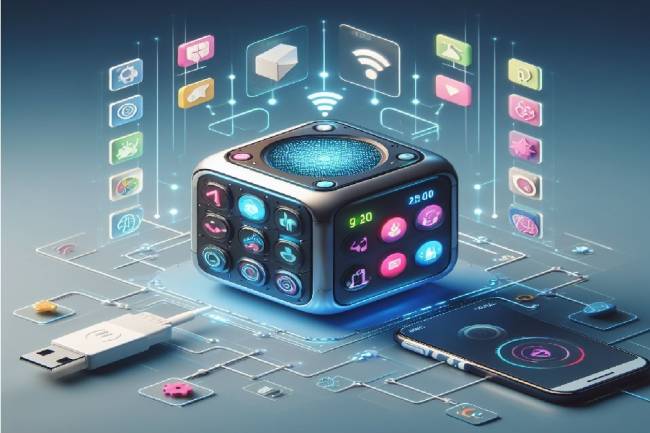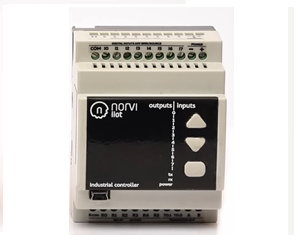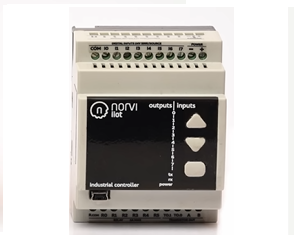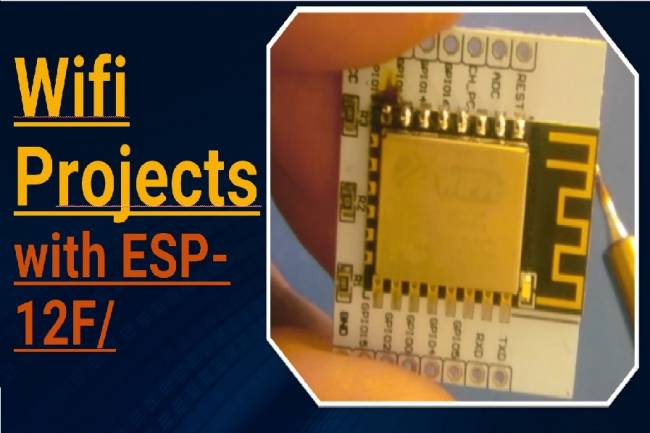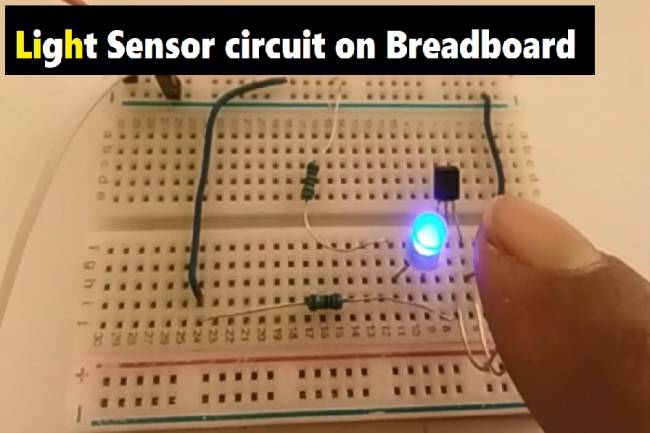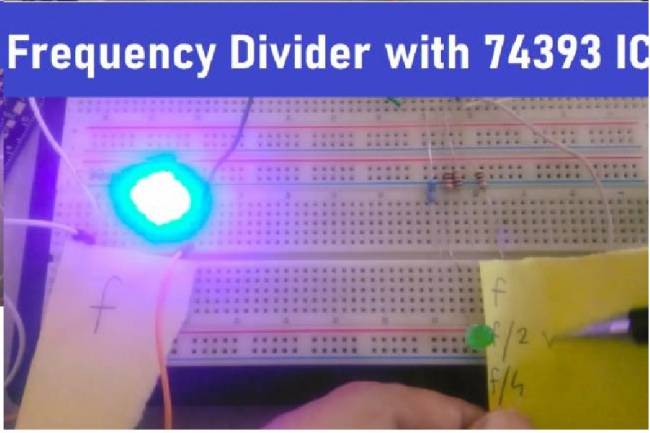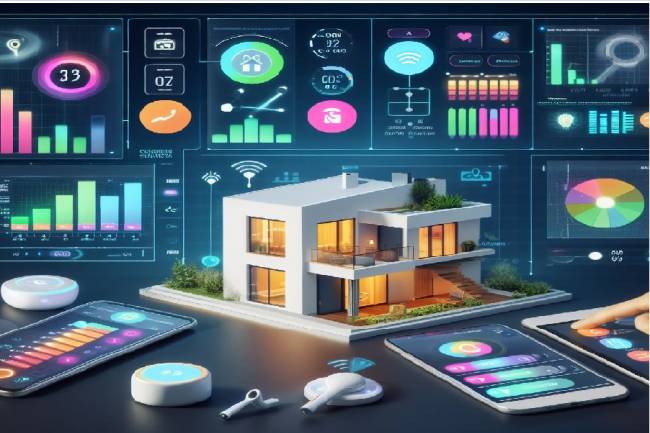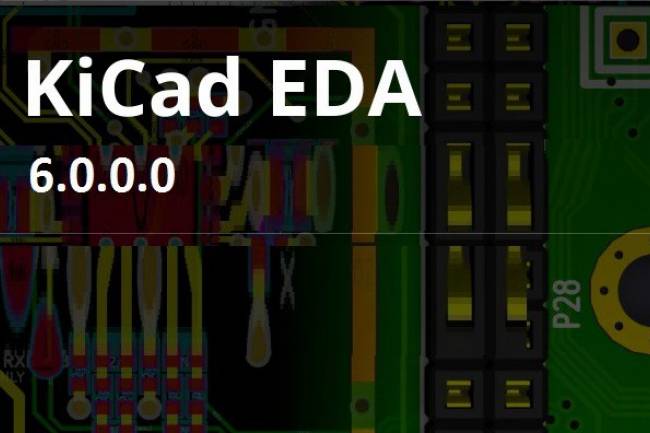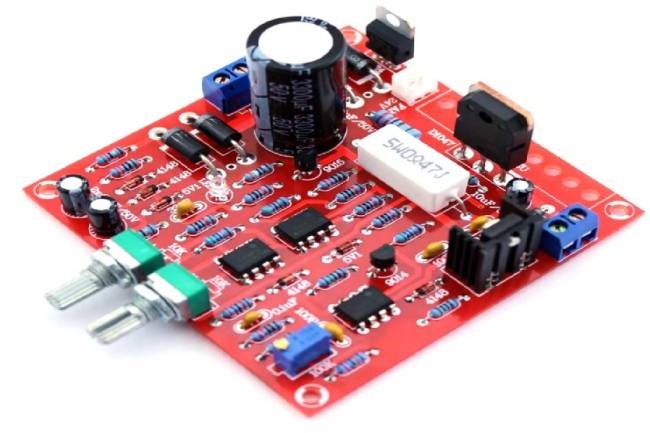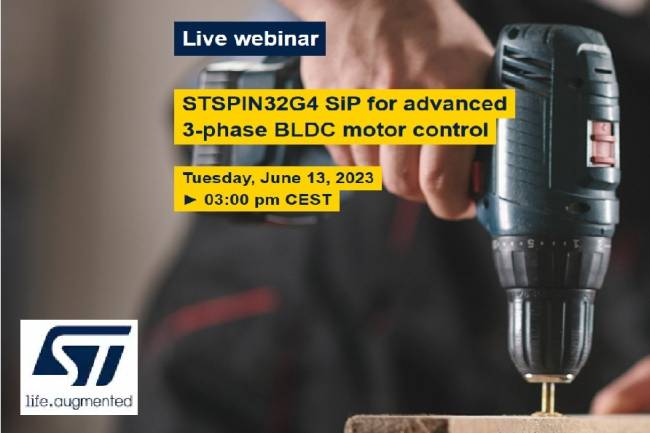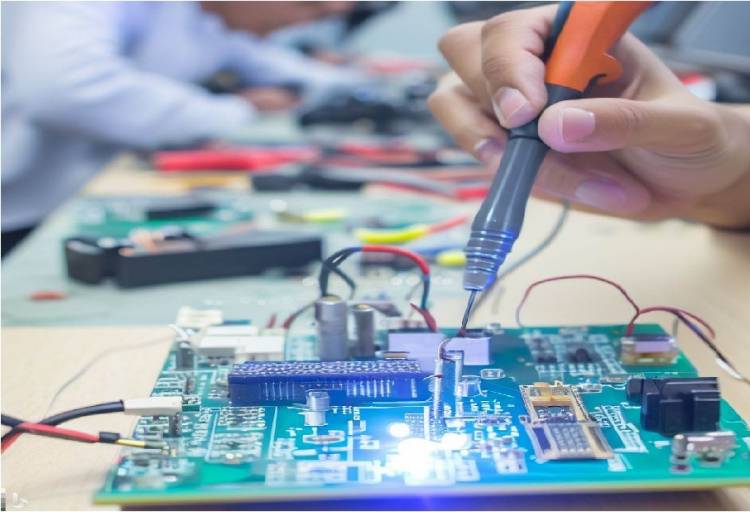
How to Start Electronic Learning?
In this article, we will try to explain the basics and stages of electronic learning on your own, without studying at an electronics school.
Of course, the most important thing first is to have a plan. A list of things to do is prepared. We have done a study on this subject below. Then a workshop-laboratory environment should be established. This workshop-laboratory does not need to be very equipped. In time, both measuring instruments and materials are supplied.
Electronics is an important discipline that affects many areas of our lives with today's rapidly developing technology. Learning electronics is a process that gives people an understanding of technology, triggers creativity and opens the door to many interesting projects. If you are also interested in electronic learning and want to learn on your own, here is a step-by-step guide:
1. Research Basic Concepts
If you are just starting out in electronics, you should first learn about basic electronics concepts. Understanding what basic components such as resistors, transistors, diodes, capacitors, integrated circuits do and how they work is important for further understanding. Free resources on the Internet or e-books will be helpful to start with to understand these basic concepts.
2. Watch Electronic Kits and Project Videos
To start learning, you can use ready-made electronic kits. These kits are usually an assembly of a circuit board and components. Making simple projects following a kit's instructions will help you practice electronics and embody concepts. At the same time, by watching project videos on YouTube or other educational platforms, you can get more hands-on information and see how projects are implemented.
3. Use Electronic Circuit Simulation
Electronic circuit simulation software allows you to virtually test circuits before they are built in the real world. This gives you a chance to test your circuits in a safer environment and you can detect potential faults in advance. Some of the popular electronic simulation programs are Proteus, LTSpice, and Tinkercad Circuits. Using these tools, you can better understand how electronic circuits work.
4. Register for Online Electronics Courses
There are many free and paid online electronic courses on the Internet. These courses have a structure that starts with basic electronics knowledge and progresses to more complex topics. By choosing a course at your own pace and level, you can start learning electronics systematically under the guidance of experts.
5. Join Electronic Forums
Joining and actively participating in electronics related forums allows you to share your experiences and learn new things with others. The electronic community provides a platform where you can find answers to your questions and participate in interesting discussions.
6. Develop Your Own Projects
Once you've learned the basics and experienced some projects, you can start developing projects that address your own interests. Maybe you can create a robot, smart home devices, music players, or sensor-based projects. Developing your own projects will unleash your creativity as well as reinforce what you have learned.
7. Don't Neglect Practice
Learning electronics requires more than understanding theoretical knowledge. It is important to acquire practical skills such as manually assembling components and circuits, soldering, correcting errors. Starting with simple circuits at the beginning, you can progress to complex projects over time.
By following these steps to start learning electronics, you will have stepped into a process that will support your interest and curiosity.
Some basic equipment and tools needed for a basic electronics workshop:
1. Desk:
To create an organized and comfortable workspace for your electronics projects, you should choose a desk. This table should be wide enough to help you keep the equipment and components you will use in your projects in order.
2. Multimeter:
A multimeter is an essential tool that helps you measure basic electrical properties such as voltage, current, and resistance in electronic circuits. A multimeter is one of the indispensable equipment of your workshop.
3. Soldering Station:
Electronic projects will require soldering components to circuit boards. A quality soldering station makes soldering easier and safer.
4. Solder and Solder Wire:
A good quality solder and suitable solder wire are important in your soldering operations. Poor quality solders can leave residue or make soldering difficult, so it's important to choose good quality materials.
5. Cutter and Peeler:
You will need hand tools such as cutters and strippers to cut circuit components and strip wires.
6. Power Source:
It is helpful to use an adjustable DC power supply to test and power your projects. In this way, you can safely test your projects by setting the voltage and current values you want.
7. Oscilloscope (Optional):
In complex projects it is useful to use an oscilloscope to examine signal waveforms and detect problems. However, you may not need an oscilloscope for simple projects at first.
8. Breadboard and Jumper Cable:
Breadboard is a practical tool used for ad hoc circuit prototyping. You can correct errors by testing your circuit on a breadboard before soldering the components. Jumper cables are used to connect components together.
9. Storage and Organization Boxes:
Using small storage bins to neatly store your various electronic components and materials will keep your workshop organized.
10. Safety Equipment:
It is important to consider your security during electronic projects. It is recommended to use safety equipment such as goggles, gloves and suitable floor mats to block static electricity.
By creating an electronics workshop with these basic tools and equipment, you can realize your electronic projects more pleasantly and effectively.
Note:
On our Millivolt Youtube channel, there are many practical training videos such as basic electronics, digital electronics, soldering, applications on a breadboard. By subscribing to our channel, you can increase your knowledge and skills in electronics.



